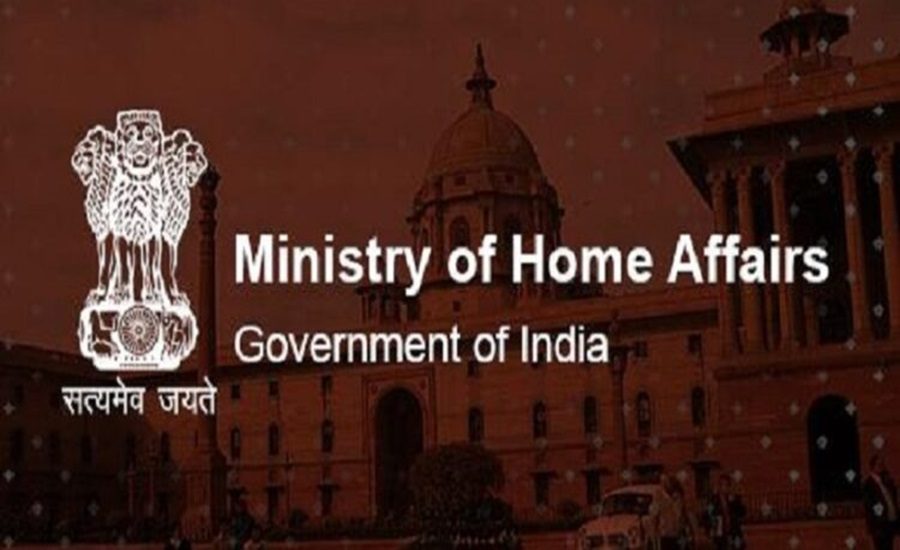Amidst a significant shortage of officers at various ranks in central agencies and forces, the Union Ministry of Home Affairs (MHA) has urged state governments to prioritize the nomination of Indian Police Service (IPS) officers for central deputation. As of December 18, 2024, a total of 114 posts of Superintendent of Police (SP), 77 Deputy Inspector General (DIG), 40 Inspector General (IG), two Additional Director General (ADG), and one Special Director General (SDG) remain vacant across agencies such as the CBI, CRPF, NIA, ITBP, CISF, BSF, NSG, SSB, and others.
Central Deputation Shortfall:
Under the IPS (Cadre) Rules, 40% of senior duty posts in each cadre are designated as Central Deputation Reserve (CDR). However, the MHA has observed that states have been reluctant to send sufficient nominations, especially for posts ranging from SP to IG.
In a letter to state governments, the MHA highlighted:
- Many states fail to propose adequate names for central deputation.
- States often nominate senior officers but neglect posts at lower ranks like SP and DIG.
The MHA emphasized that nominations for 2025 should be submitted “on a priority basis.”
Previous Attempts and Challenges:
Despite similar requests made in June 2024, the response from states has been lukewarm. To address this issue, the MHA has initiated strict measures against officers who fail to join central deputation after their names are approved.
Impact of Shortage:
The vacancies in central forces and agencies hinder their operational efficiency, especially in critical areas such as national security, law enforcement, and intelligence. Agencies like the CBI, NIA, and BSF play vital roles in maintaining internal security and addressing cross-border challenges, making it essential to fill these gaps promptly.
The MHA’s appeal underscores the need for state governments to actively support central deputation, ensuring a balanced distribution of IPS officers to strengthen national-level agencies. By addressing this issue, the government aims to enhance the effectiveness of central forces and maintain robust internal security mechanisms.





























